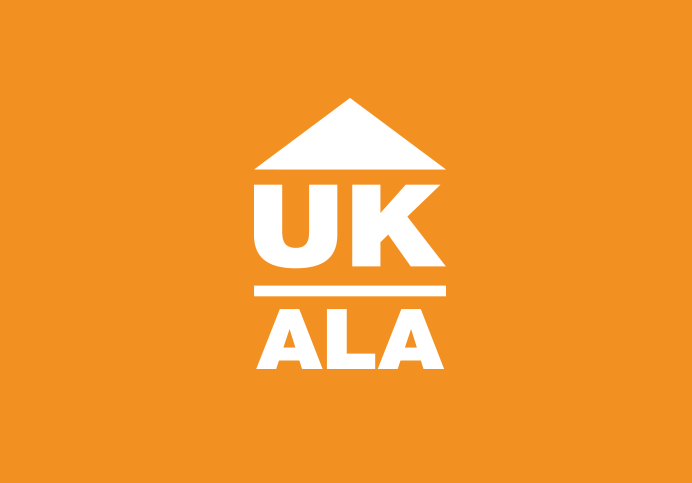
Suggested Strategy for Potential Money Laundering Issues
1. Letting agents should always confirm the identity of all customers, both landlords and tenants, before entering into a business transaction.
2. In the case of client landlords a Land Registry check should be made to confirm ownership of the property. This is an existing legal requirement under the Accommodation Agencies Act 1955 Section 1 which states that a property must not be marketed without the authority of the legal owner(s).
3. While anti-money laundering laws do not apply to letting agents they may do in certain cases.
1. Letting agents should always confirm the identity of all customers, both landlords and tenants, before entering into a business transaction.
2. In the case of client landlords a Land Registry check should be made to confirm ownership of the property. This is an existing legal requirement under the Accommodation Agencies Act 1955 Section 1 which states that a property must not be marketed without the authority of the legal owner(s).
3. While anti-money laundering laws do not apply to letting agents they may do in certain cases.
4. If, for example, a letting agency deals in premium leases; where companies purchase leases for one or two years on behalf of their employees the Regulations will apply. This form of corporate renting is comparatively rare and usually occurs only in certain very high rent areas such as Mayfair or Marylebone in London.
5. Money laundering regulations will apply in the case of a double instruction where a landlord/seller instructs an agent to sell OR rent.
6. In such instances an agency will have to Register with the Competitions and Markets Authority. It can be done online. The fee is currently £115.00 (2012).
7. Letting agents should also be aware that the Proceeds of Crime Act 2002 also applies to them. The relevant part of the legislation means that if a member of staff has any suspicions about a landlord or a tenant who might be money laundering there is a legal duty to report those suspicions.
8. Any such disclosure should be made to either the CMA or the local authority Trading Standards Services.
The CMA has a few examples of what could be deemed suspicious behaviour.
(i) New customers carrying out large cash transactions.
(ii) Customers not local to the area.
(iii) Overseas customers where the “story does not fit”.
(iv) Reluctance of a customer to provide identification.
(v) Unsatisfactory identification.
(vi) Where a customer appears to be acting on behalf of another person but is unwilling to give details of those they allegedly represent.
(vii) Transactions that do not appear to make commercial sense, such as wanting to pay over the market rent for a property and pay in cash upfront.
(viii) Customers willing to pay a large sum in cash upfront in order to forego the paperwork.
(ix) Customers requiring payment to a third party where there is no obvious or logical connection.
9. Clearly this is not an exhaustive list and it is generally good practice to have a limit on the amount of cash a letting agency will take for one transaction (£250.00 perhaps) so that there is a paper trail.
10. Finally, the legislation does not stipulate an amount of money that is deemed to be suspicious. If a tenant pays £3,000 in cash in crisp notes with a signed letter from his bank or a solicitor identifying that he has literally just withdrawn the money from the bank for that purpose because his chequebook has not arrived and he did not wish to pay the exorbitant fee for a Banker’s Draft this may be acceptable.
Alternatively, someone else attempting to pay a much lesser sum in cash may arouse suspicion because of the circumstances.